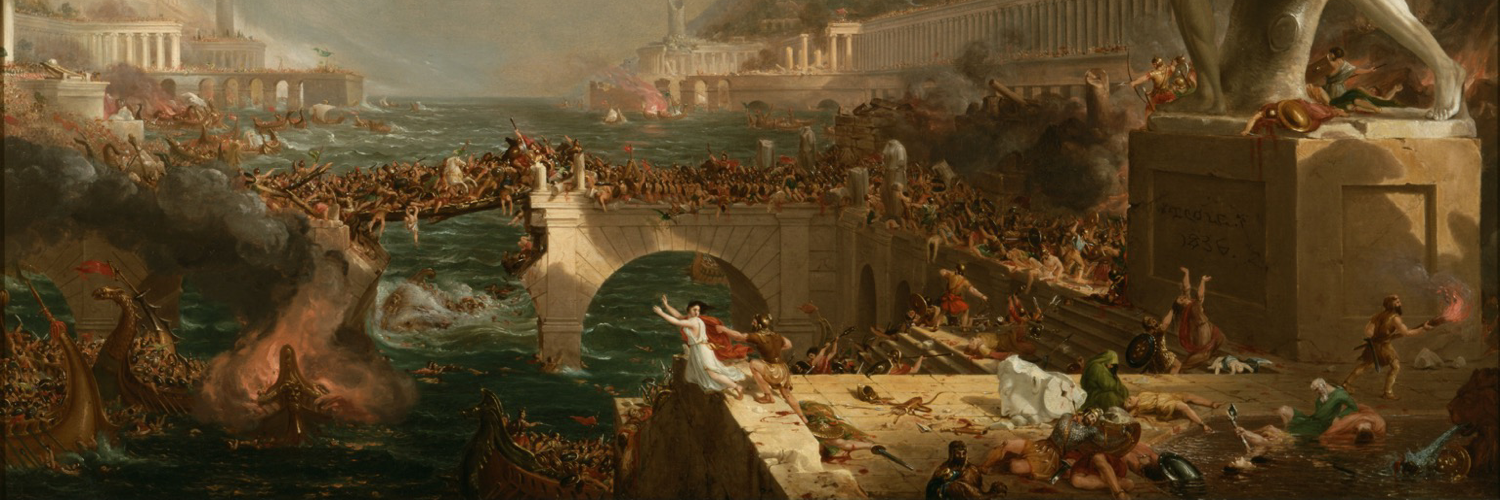
Maldivian • 25 • Political Science and Social Policy Student • Social Scientist • Managing Editor • Radical Pacifist • Degrowth Activist • Solarpunk • Anti-Colonialism/Anti-Capitalism • Writer/Musician/Artist
Unapologetically pro-Palestine. You are either for or against genocide. You are either complicit or active in your role. To play both sides is to take the role of the oppressor. Pro-Palestine ≠ Antisemitism.
My views and expressions here do not reflect that of my employers and affiliated institutions. Posts set to delete in 1 week (except for favourited).
I do not consent to the processing of my data for commercial purposes. Saving for personal/safety reasons is ok.
This profile is from a federated server and may be incomplete. Browse more on the original instance.
